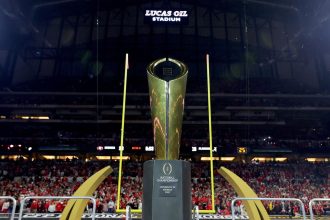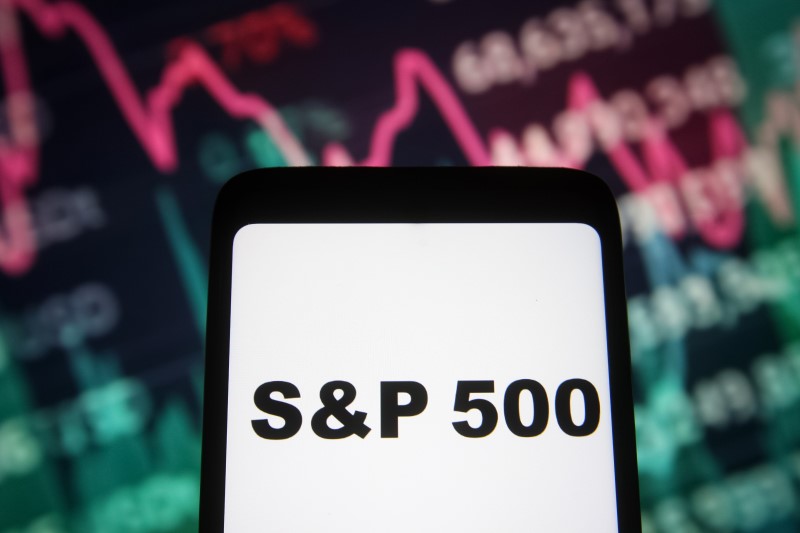By Savyata Mishra and Ananya Mariam Rajesh
(Reuters) – U.S. retailers across apparel, electronics and home improvement are bracing for a challenging holiday season, a sign that higher discounts might not spark the level of spending the companies are hoping for during their most important period of the year.
Economic demand in the United States has slowed, as October’s retail sales figures showed. Numerous retailers said on Tuesday that holiday outlook is mixed after a choppy start to the fourth quarter, when most Americans gear up for Christmas shopping.
Retailers plan to lean on competitive promotions and kicked off holiday deals early to motivate customers to open up their wallets during the Thanksgiving weekend.
However, home improvement retailer Lowe’s (NYSE:), electronics retailer Best Buy (NYSE:) and department store chain Kohl’s (NYSE:) all said sales at stores open at least a year were lower in the most recent quarter, and cut their sales forecasts for the year.
“In the more recent macro environment, consumer demand has been even more uneven and difficult to predict,” Best Buy CEO Corie Barry said.
The consumer discretionary sector was down about 1% on Tuesday, while so far in 2023 the index had risen more than 31%.
U.S. holiday sales are expected to rise at its slowest pace in five years, according to data from the National Retail Federation, as Americans are likely to pull back on holiday shopping.
Last week, industry bellwether Walmart (NYSE:) warned of cautious consumer spending as the holiday shopping season gets underway.
“We think that discretionary goods categories will continue to be challenged as we saw in the third quarter, categories like home and apparel and consumer electronics are likely to remain difficult or down as they have been” Fitch analyst David Silverman said.
Retail executives said higher interest rates, inflation and a resumption in student loan repayments will keep consumer wallets under pressure.
Lowe’s CEO Marvin Ellison said on a call with analysts that while consumer spending remained relatively resilient “they’re spending on what I call activities – services, concerts, restaurants, travel – but that discretionary dollar is being spent across more activities today than a year ago.”
Still, some investors expect holiday sales starting Black Friday to hold “some positive surprises.”
“With inflation numbers better and rates having stopped going up, people have some hope … I wouldn’t be surprised if Black Friday and Cyber Monday are a bit better than expected,” Thomas Hayes, chairman of hedge fund Great Hill Capital, said.
Apparel retailers Abercrombie & Fitch and American Eagle Outfitters (NYSE:) posted upbeat quarterly results on Tuesday, but their shares still dropped due to broader concerns about consumer spending declining.
“With so many retailers warning about falling demand for discretionary goods, investors may be skeptical about American Eagle’s and Abercrombie’s ability to maintain their upward trajectories,” said Rachel Wolff, senior analyst at Insider Intelligence.
Read the full article here





